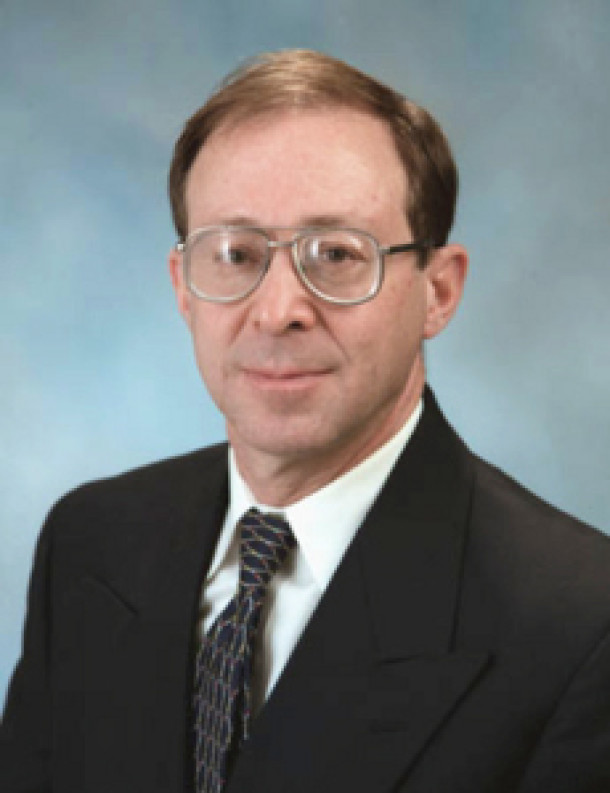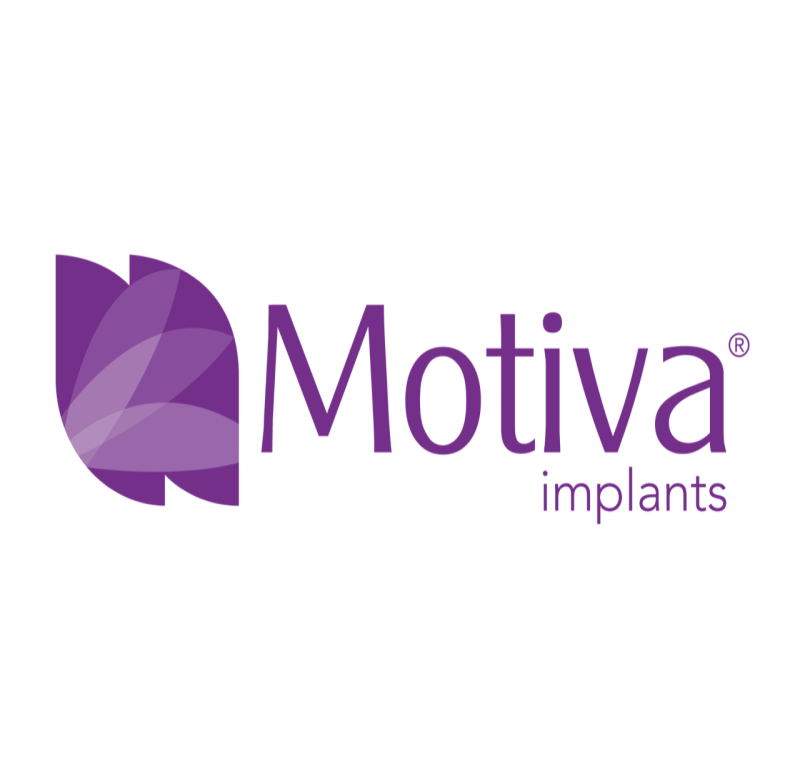Prevention
Modern medicine is increasingly transitioning towards preventive care. This shift towards prevention has also been observed in breast cancer care in recent years, particularly with the discovery of the BRCA gene. Subsequently, multiple genes and risk factors have been identified. Depending on these factors, a personalized screening strategy can be chosen. Therefore, it is crucial to understand these genetic and risk factors.
Diagnosis
I was diagnosed with cancer ... This website serves as a portal designed to assist you and your loved ones in accessing personal information and finding solutions to your concerns.
The primary goal of this website is to offer guidance and support to patients as they navigate their journey toward recovery and improved quality of life. The "Diagnosis" section of our website is divided into two main categories. Firstly, under "Anatomy and Physiology," we provide fundamental knowledge about the breast. Secondly, in the "Tumors and Disorders" section, we delve deeper into various breast-related conditions.
Moreover, we aim to provide information to women who may be concerned about potential breast issues but are hesitant to seek immediate medical advice. Knowledge and information can often offer immediate reassurance if a woman is able to identify the issue herself and determine that no specific treatment is necessary. Conversely, we also strive to educate women who have received a diagnosis of a serious breast condition, such as breast cancer, and wish to approach their doctor well-informed and prepared.
Treatment
The treatment for breast cancer should immediately include a discussion about reconstruction. Our foundation has no greater goal than to raise awareness of this among patients and oncological surgeons. By making an informed decision beforehand, we avoid closing off options for later reconstruction while still considering the oncological aspect. Of course, survival is paramount, and the decision of the oncologic surgeon will always take precedence.
The "Reconstruction or not?" page contains all the information you can expect during an initial consultation before undergoing tumor removal. This page is comprehensive, and your plastic surgeon will only provide information relevant to your situation.
"Removing the tumor" details the surgical procedure itself. This is the most crucial operation because effective tumor removal remains paramount. We guide you through the various methods of removal, a decision often made by a multidisciplinary team comprising oncologists, radiologists, pathologists, radiotherapists, breast nurses, gynecologists, oncological surgeons, and plastic surgeons.
The "Breast Reconstruction" section includes information and illustrations of the different reconstruction options along with corresponding steps.
Revalidation
Those treated for cancer often need a long period to recover.
Cancer is a radical illness with a heavy treatment. Often, people have to deal with psychosocial and/or physical problems afterwards, such as stress, anxiety, extreme fatigue, painful joints, reduced fitness, lymphedema... This can have a major impact on general well-being.
There are rehabilitation programmes offered by most hospitals. We cover some of the major topics here.
Quality of life
Quality of life is a key factor in coping with breast cancer. Therefore, it is important to find coping mechanisms that work, which will be different from patient to patient. For some, it may be finding enjoyment in activities they engaged in prior to diagnosis, taking time for appreciating life and expressing gratitude, volunteering, physical exercise... Of prime importance, studies have shown that accepting the disease as a part of one’s life is a key to effective coping, as well as focusing on mental strength to allow the patient to move on with life. In this section we are addressing some topics that patients experience during and after treatment and we are providing information to address them.
The Stephen S. Kroll fellowship
On November 19, 2000, Stephen passed away in the bloom of his career. Stephen was a great person, a superb surgeon and an exceptional teacher. Stephen Kroll should be remembered for all his contributions to the field of Plastic and Reconstructive Surgery and specifically his pioneering work in autologous breast reconstruction and perforator flaps.

The “Stephen S. Kroll Scholarship” consists of a grant of € 5000 offered by BEAUTIFUL ABC FOUNDATION and co-sponsored by Motiva to an international young plastic surgeon (younger than 40) or a last year resident in training in Plastic and Reconstructive Surgery to improve his/her knowledge and clinical expertise in the field of microsurgical breast reconstruction and perforator flaps.
The scholarship will be granted yearly (if a proper candidate can be selected) and will start every 1st of October for a period of 3 months at the department of Plastic Surgery of the University Hospital of Gent, Belgium. The grant can only be used for housing, boarding and educational purposes.
Previous Stephen S. Kroll scholars
Dr. Suhan Ayhan, Turkey 2002
Mr. Colin Morrison, Ireland 2003
Ms. Rozina Ali, U.K. 2004
Dr. Ned Snyder, U.S.A. 2005
Dr. John Hijawi, U.S.A. 2006
Dr. Jonathan Cheng, U.S.A. 2007
Dr. Patricio Andrades, Chile 2008
Dr. Raphael Sinna, France 2009
Dr. Mel Patrick Tohill, U.K. (canceled by selected fellow) 2010
Dr. Yoko Katsuragi, Japan 2011
Dr. Jonathan Keith, U.S.A. 2012
Dr. Daniel Wolff, Uruguay 2013
Dr. Pornthep Sirimahachaiyakul, Thailand 2014
Dr. Yingying Zhang, China 2015
Dr. Katherine Gast, U.S.A. 2016
Dr. John Wilson, Panama, 2017
Dr. Marc Aganloo, The Netherlands, 2018
Dr. Mangal Gharti Magar, Nepal 2019
Dr. Camila Polary, Brazil 2020
Dr. Mohamed Abdelrahman, Sudan, 2023
Applications for the Stephen S. Kroll fellowship
Applications should be done by sending a motivation letter, a one page essay on Stephen Kroll’s personality (not his scientific work and contributions), your CV with picture and one or two letters of reference to pb@beautifulabc.com before December 1st of each year.
Many thanks to MOTIVA who is sponsoring the Stephen S. Kroll fellowship!

